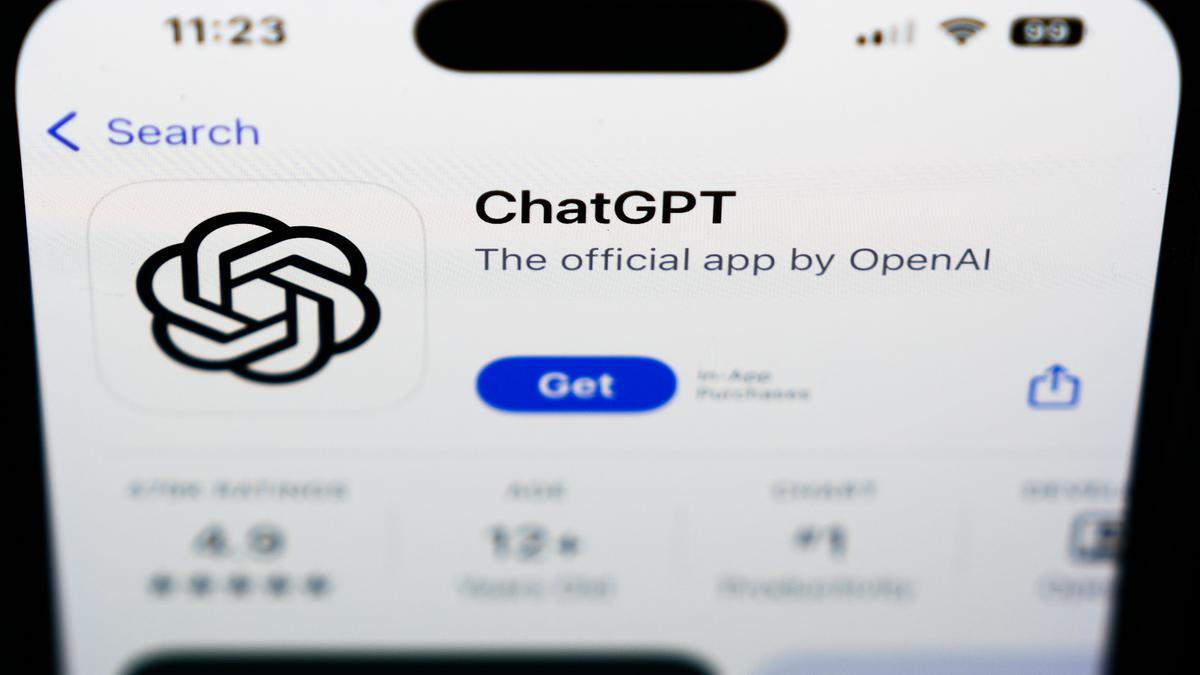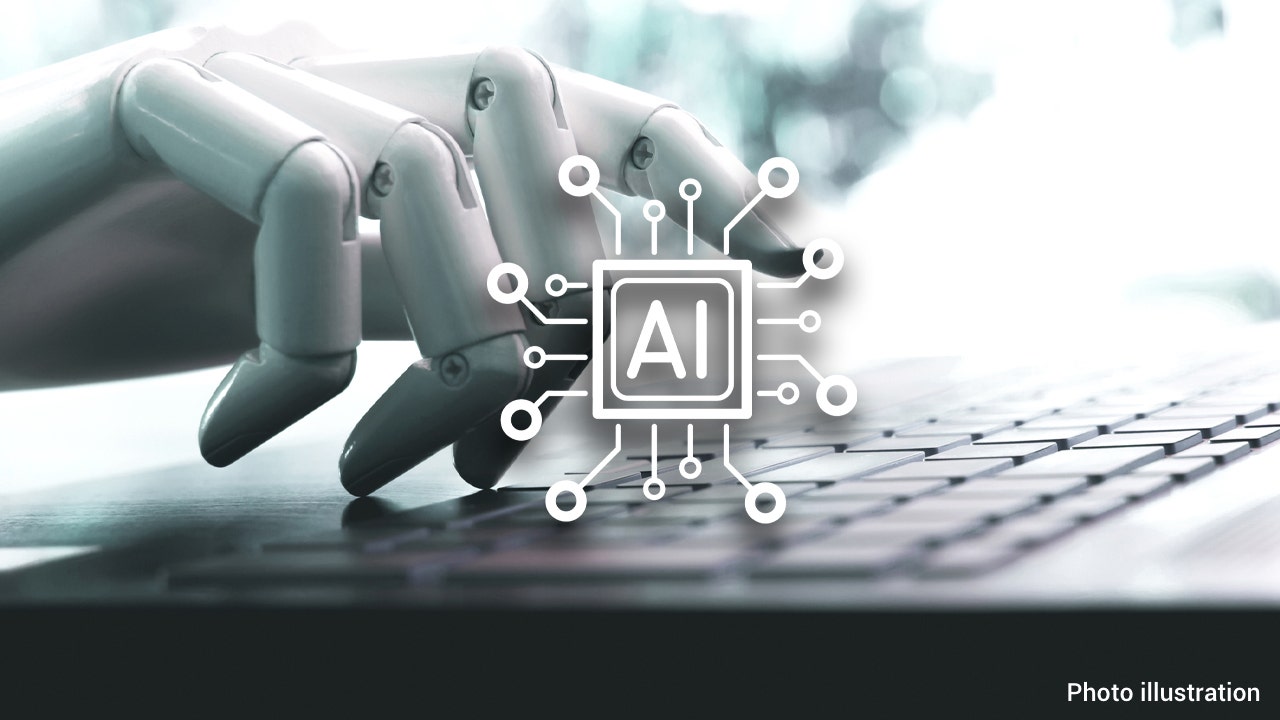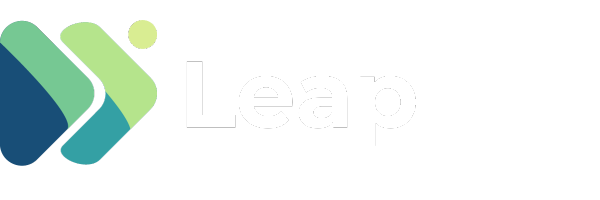Unlocking Growth with GenAI: The New Rules of Competition

GenAI is a technology that is leading a revolution and has the potential to reshape industries and redefine how they compete. It can help businesses unlock unprecedented growth opportunities by eliminating traditional barriers to entry. GenAI empowers smaller companies to challenge established market leaders, creating a dynamic environment where innovation and adaptability are key. This is a crucial moment when businesses that adopt GenAI's capabilities stand to reap significant rewards.
The impact of GenAI goes beyond individual businesses; it influences entire economies and shapes the future of work. As GenAI becomes more prevalent in various sectors, it will create new jobs and redefine existing ones, requiring a workforce with technical expertise and human ingenuity.
This transformation will necessitate businesses to invest in employee training and development to ensure their workforce is equipped to navigate the ever-changing technological landscape.
How will this technology impact the Education Industry?
💎 Info Nugget
- OpenAI's new GPT Store has released a range of exciting education GPTs, including Khan Academy's Code Tutor, an engineering professor prompt, and an AI Research Assistant.
- Additionally, OpenAI has announced a new partnership with Arizona State University. (More about this below)
- Microsoft has launched a free public preview of its AI-powered Reading Coach, while the Governor of Virginia has introduced formal regulations and guidelines for AI use in education.
- Duolingo has delegated content creation work to AI, leading to a 10% reduction in contractors.
- Anthropic's AI Safety research and Google's DeepMind release of AlphaGeometry, an "Olympiad-level AI for geometry."
OpenAI has announced a new partnership with Arizona State University. What does this mean for the future of education?
What caught my eye and made me curious was why ASU? Why not some IVY league school? OpenAI partnered with Arizona State University (ASU) due to its commitment to innovation, strong reputation in AI research, diverse student body, and specific plans for using ChatGPT Enterprise in the classroom. ASU's location in Arizona, a growing hub for technology and innovation, also made it a strategic partner for OpenAI.
OpenAI's decision to partner with Arizona State University (ASU) was based on carefully evaluating the university's strengths and potential contributions towards the development and application of ChatGPT Enterprise. ASU is OpenAI's testbed for future AI applications that will eventually trickle down to the lower levels of education like K-12.
"ASU recognizes that augmented and artificial intelligence systems are here to stay, and we are optimistic about their ability to become incredible tools that help students to learn, learn more quickly, and understand subjects more thoroughly," said ASU president Michael M. Crow.
According to a recent study conducted by ACT, a nonprofit organization responsible for administering one of the major college entrance exams in the United States, students who scored the highest in the ACT exams were more likely to have used artificial intelligence (AI) tools for their school assignments. The study collected data from a nationwide sample of students in grades 10 through 12, examining their usage of AI tools and their impact on their academics. Below are some of the key findings from their research:
- The AI tools that students used most often were ChatGPT (used by 83% of students), Dall-E 2 (17%), and Bing Chat (11%). 40% of students reported that they had used other AI tools. Other tools that students mentioned most often in written responses included My AI on Snapchat, Grammarly, and Midjourney.
- Students with higher academic performance were significantly more likely to use AI tools than were students with lower academic performance.
- Among students who used AI tools, almost half (46%) reported using them for school assignments.
- Most (90%) of the surveyed students reported that they had not considered using AI tools to write their college admissions essays, while only 10% said that they had considered using AI tools for this purpose. Students with ACT Composite scores in the bottom quarter were noticeably more likely to report that they had considered using AI tools for college admissions essays compared to students with scores in the top quarter.
- Students with higher Composite scores (i.e., in the top quarter) were more likely to use AI tools than those with lower scores.” 53% of students with ACT Composite scores in the top quarter reported using AI tools, whereas only 36% of students in the bottom scoring quarter reported AI tool usage.
- Nearly three-fourths (74%) of students believed that their overall performance in school would improve at least a small amount because of using AI tools for school assignments.
- More students believed their creativity would increase than believed it would decrease (50% vs. 28%), while their opinions on critical thinking and persistence were mixed.
AI tools like ChatGPT offer the potential to enhance student experiences through more accessible, tailored learning. Despite the benefits of these new technologies, it is important to consider that the rapid proliferation of these tools also raises valid concerns about overreliance, plagiarism, safety, misinformation, and learning outcomes. However, by learning how to properly use these AI tools with discretion, students can utilize AI as a resource for learning.
The Challenges
Groundbreaking tools powered by artificial intelligence (AI) present a new challenge in academic integrity. With differing perspectives on the ethical use of AI, educators are responsible for understanding their students' needs while teaching them how to use these tools correctly.
At Franklin Regional, some teachers use GPT Zero, an AI-powered detector that can identify if a document was produced through AI. However, teachers must also verify the information presented by their students, especially if their response is broader than what was asked in the assignment. It's essential to determine if the student went above and beyond because of their passion for the topic or if the system did it for them.
Cheating is a risk that comes with AI tools, but students must understand and master these tools to compete in this era. They will eventually work alongside people who use these tools effectively or unethically. If students aren't allowed to use AI safely in a controlled environment, they might be at a disadvantage in the future.
🔥 What caught our eye
ChatGPT effect: Coursera sees signups for AI courses every minute in 2023 😲 U.S. edutech platform Coursera added a new user every minute on average for its artificial intelligence courses in 2023, CEO Jeff Maggioncalda

Three ways you can help your student navigate artificial intelligence AI tools can enhance your student’s education while maintaining academic integrity

North Carolina one of the 1st states to create AI Guidebook for Schools

Schools are excited about exploring the capabilities of AI in 2024, but they are being cautious to ensure that students can benefit from the technology without succumbing to the temptation of cheating or engaging in academic misconduct. The ultimate goal of AI integration is to prepare students for the future, not just for the present. As educators, it is our responsibility to equip our students with the skills and knowledge necessary to succeed in the world beyond the classroom.
“The biggest piece is that artificial intelligence has to be paired with human intellect,” Sefcheck says.
“You have to be able to not only know how to use AI, but know how to use your brain for the critical thinking and problem solving that AI doesn’t do for you.”
🎧 Podcast Spotlight
Weekly, we listen to a variety of podcasts that captivate our minds, provide valuable insights, and stimulate our thinking. These podcasts delve into the forefront of educational advancements and how artificial intelligence is revolutionizing the way we learn, teach, connect with, and engage with our audience.
☕ Shot of Inspiration
If you want to go quickly, go alone. If you want to go far, go together. Artificial intelligence and humans will solve society’s biggest challenges by working together. Fei-Fei Li
Thank you for reading. Hope you found it valuable. Forward to a friend if you did.
Be well,





